6 things to look for when integrating a credit card machine into your small business

Regardless of the type, credit card machines make it possible for retailers to accept non-cash payments from customers. If you want to optimize your store’s functioning with a modern POS system, start by selecting the machine with the optimal features.
1. Find the type you need.
There are several types of card machines. You can opt for a traditional terminal that connects to a phone line or the internet to process payments. Generally, this type contains a keypad, a magnetic and/or chip reader, and a receipt printer.
Another option is to get a card reader that connects to your tablet or smartphone, usually via Bluetooth. These compact units work in conjunction with apps that securely process customer payments.
Finally, smart terminals combine the advantages of old-school fixed units with a host of inventory and business optimization features. These advanced systems are multi-functional and capable of integrating with third-party business tools.
If you are only going to be taking payments online, by phone or via mail, you could opt for a virtual terminal. This software platform allows you to accept internet payments without the need for hardware.
2. Accepts various payment types.
Regardless of which kind of credit card terminal you choose, be sure that it accommodates various payment methods such as credit and debit cards, contactless, and mobile payments.
Furnishing a variety of choices leads to greater customer satisfaction and higher sales conversion rates.
3. Built-In features and add-ons.
Some systems come with an included receipt printer, while others require you to make an additional purchase for an external peripheral.
Be sure that the unit you choose can interface with important equipment such as cash drawers and barcode scanners that facilitate the checkout and inventory experience.
If you have opted for a more advanced “smart option,", check to see that it includes capabilities for inventory and employee management, customer relationships, report generation, and integration with third-party programs.
4. Affordable fees.
Although some costs are non-negotiable, many are open to discussion. Remember that the cheapest isn’t always the best. Choose a machine from a payment services provider offering fair pricing, low hardware costs, and transparent contractual terms.
5. Focus on security.
Your machine should be backed by a provider who makes data security a priority. That means using encryption and fraud protection for all transactions.
Furthermore, the machine and processor should be in compliance with the Payment Card Industry Data Security Standard (PCI DSS) that protects cardholder data from breach.
6. Ease of use.
The machine you choose should not require that you and your staff have advanced degrees to operate it. The user interface should be intuitive, and the company should offer customer support to get you through any initial confusion.
Finally, you want a machine that can grow with your business. Its assets should include payment choice, a robust group of features, a concentration on security, fees, and contractual obligations you can afford, scalability, and an emphasis on technical support.
When you take the time to find credit card machines that meet the needs of your business and your customers today, you can look forward to many years of enhanced functioning throughout your retail operation.
Related Reading
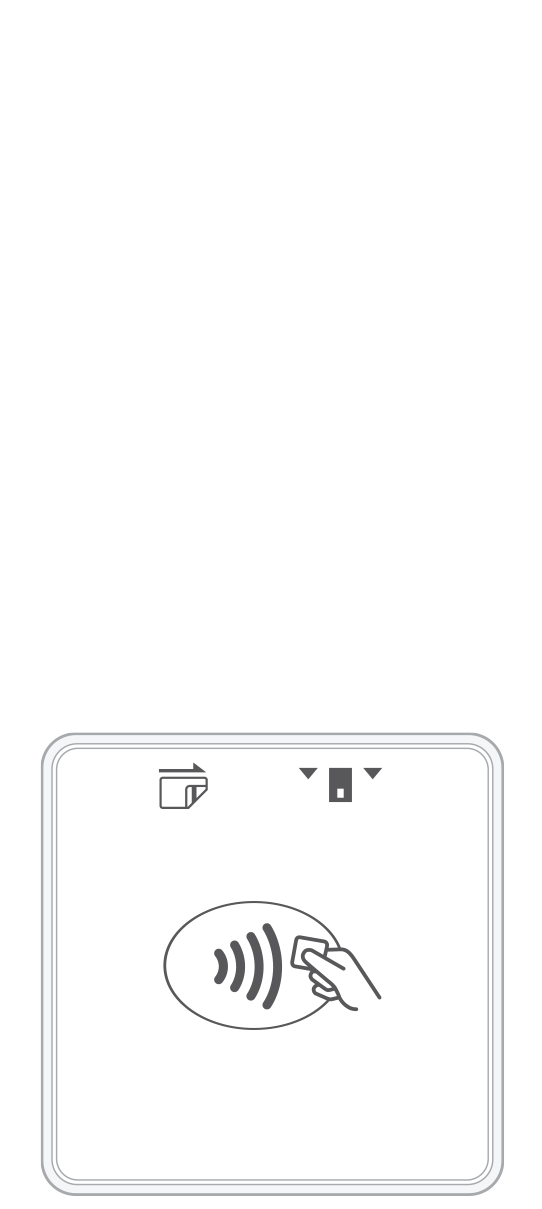 3-in-1 Reader | 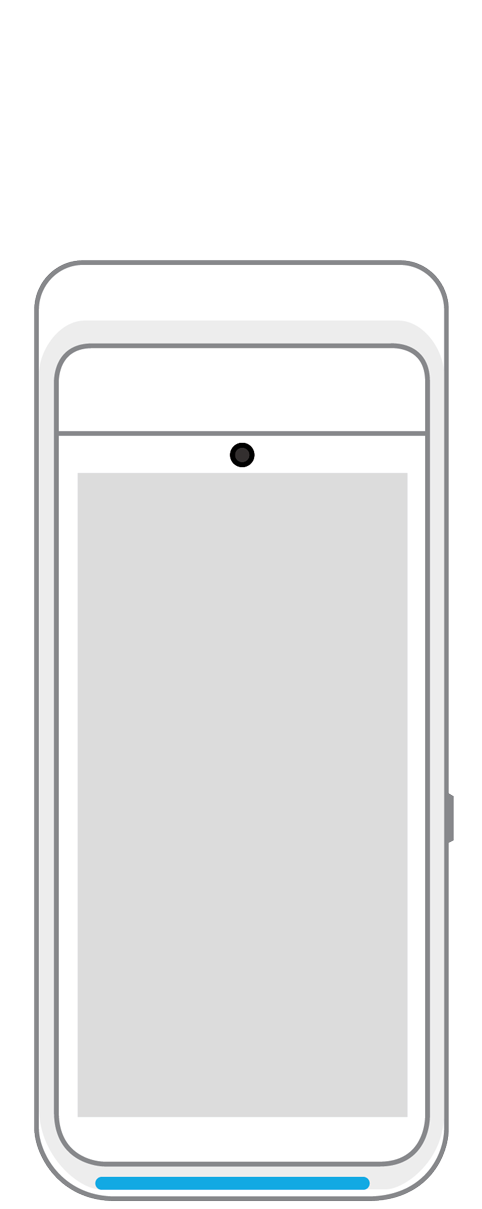 Terminal | 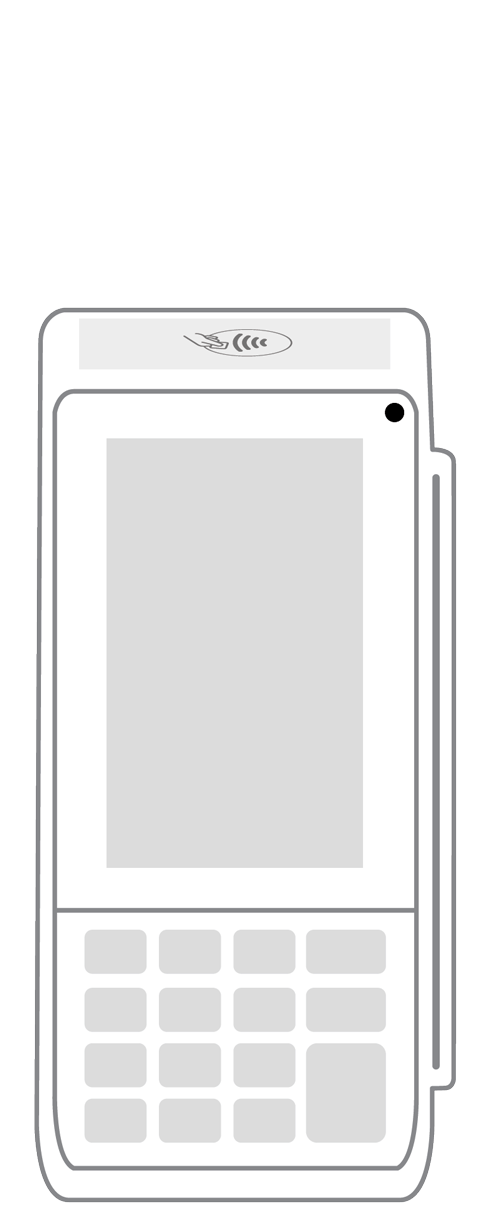 Keypad | 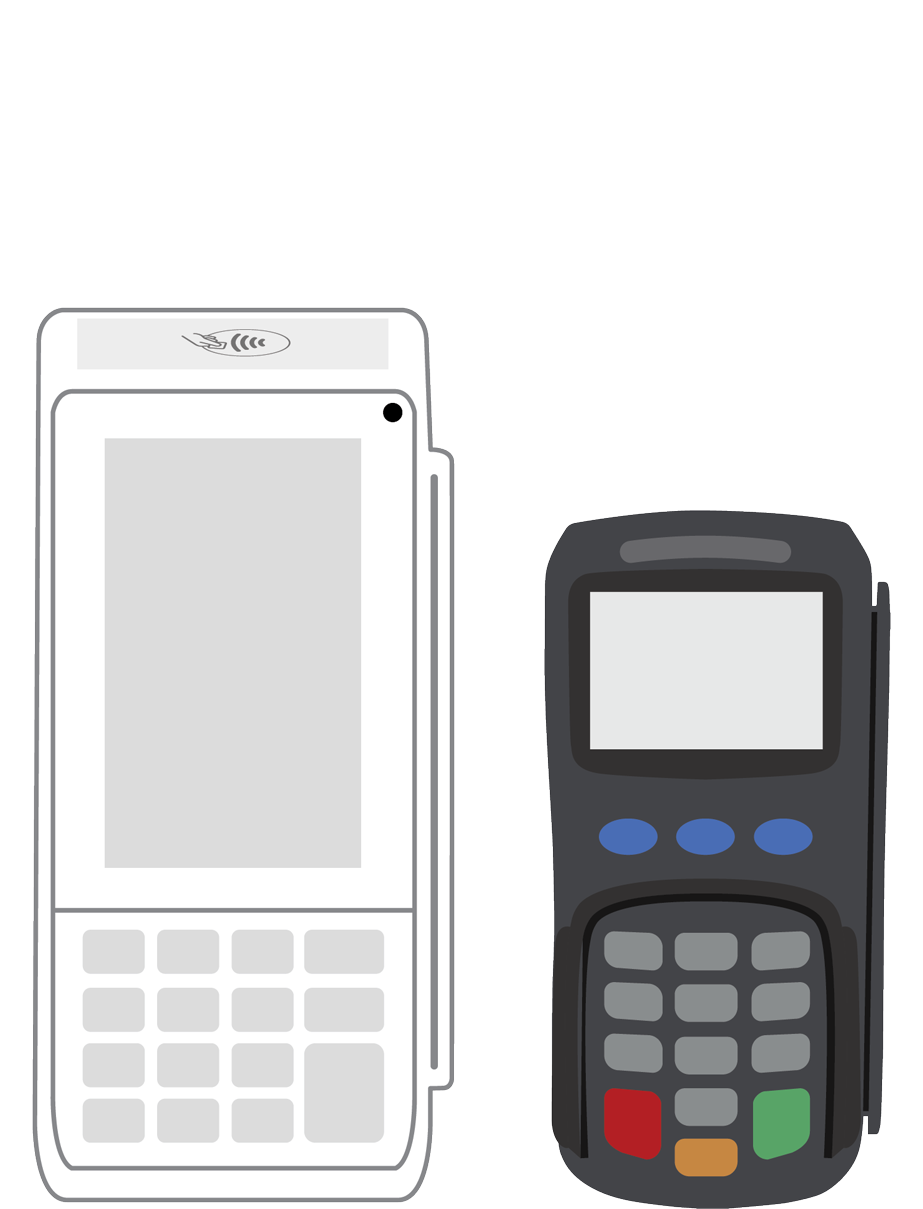 PINPad Pro | 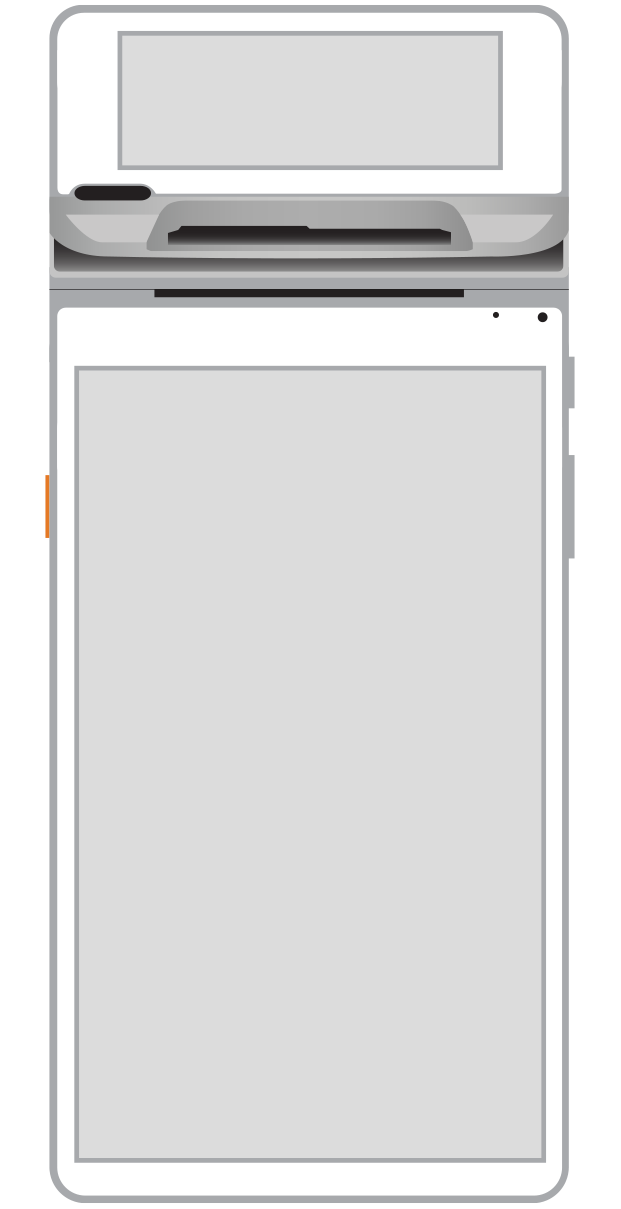 Flex | 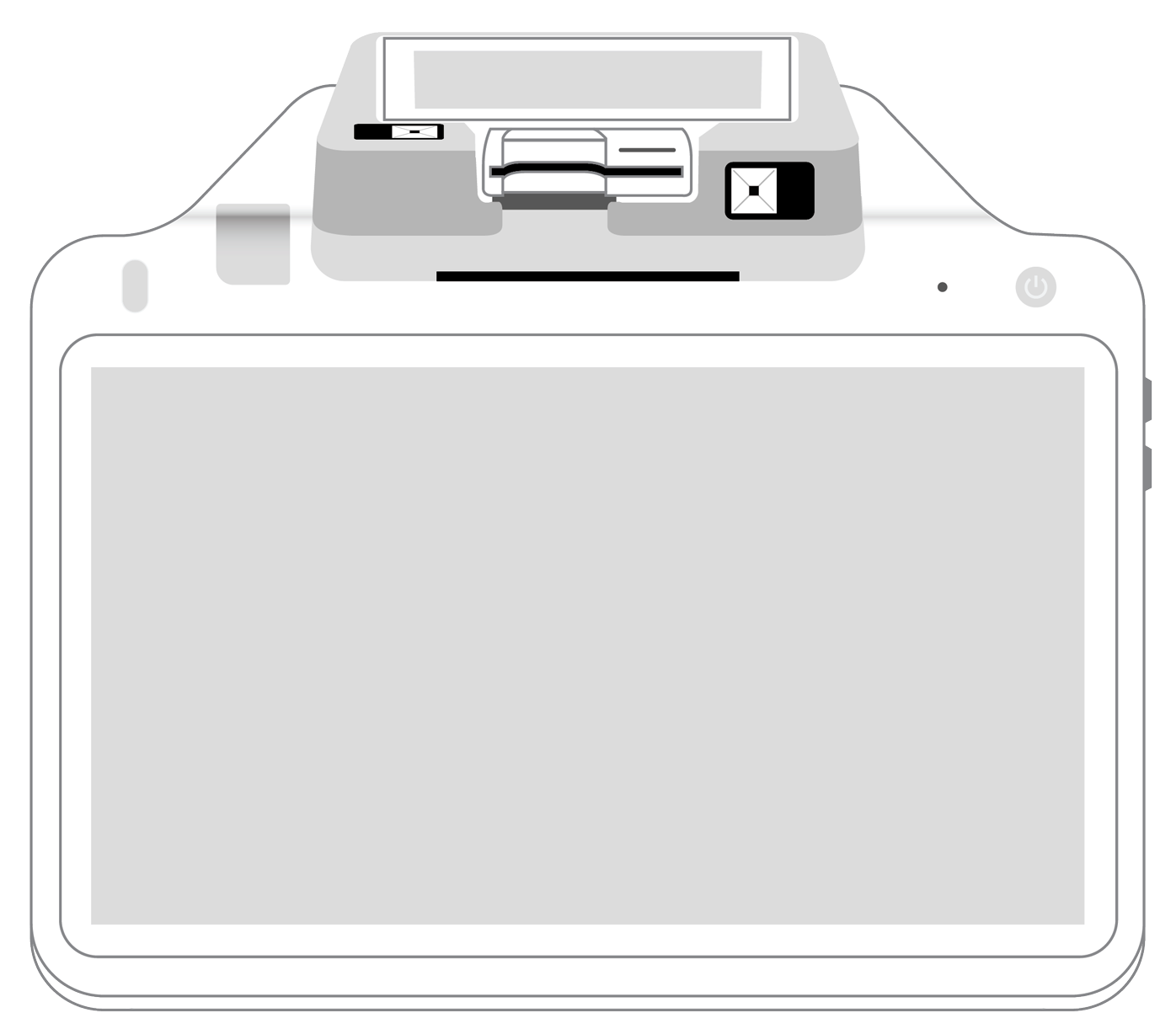 POS+ | |
|---|---|---|---|---|---|---|
Payment types | ||||||
EMV chip card payments (dip) | ||||||
Contactless payments (tap) | ||||||
Magstripe payments (swipe) | ||||||
PIN debit + EBT | ||||||
Device features | ||||||
Built-in barcode scanner | ||||||
Built-in receipt printer | ||||||
Customer-facing second screen | ||||||
External pinpad | ||||||
Wireless use | ||||||
Network | ||||||
Ethernet connectivity | With dock | |||||
Wifi connectivity | ||||||
4G connectivity | ||||||
Pricing | ||||||
Free Placement | ||||||